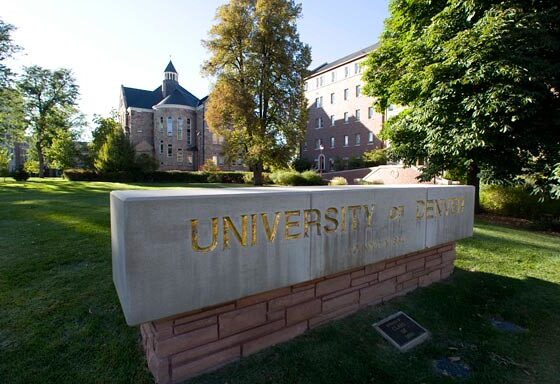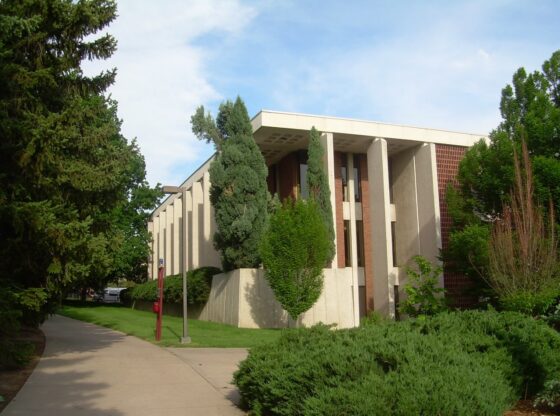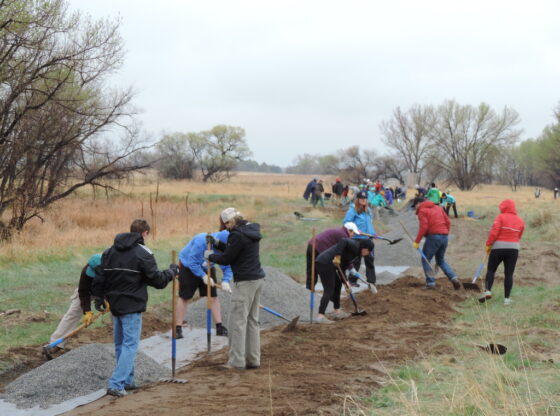DU’s Health and Counseling Center is offering free meningitis vaccinations for students who are on the Student Health Insurance Plan and $105 vaccinations for students with private insurance.
Any student who is interested in getting vaccinated should call and schedule an appointment.
Most private insurance plans do not reimburse for vaccinations, but they do vary from plan to plan, so students should contact the HCC for more information.
There have been at least six confirmed cases of meningitis in and around Fort Collins, Colo., two of which involved students who attended Colorado State University.
Four of these cases resulted in death, and two others resulted in hospitalization.
A seventh case linked to the same strain as the one in Fort Collins resulted in the death of a Metro State student.
“The problem is that people in Fort Collins had no idea they’d been exposed to it, so the only way for students to truly protect themselves is to get the vaccine,” said Sam Alexander, executive director of the HCC.
The health center has not seen any recent cases of meningitis, but Alexander still cautions students to consider getting the shot.
It’s especially important for students living in the dorms to get vaccinated, due to the close quarters and constant contact with fellow classmates he said.
“Get the vaccine,” said Alexander. “It’s strongly recommended for all freshmen living in the dorms.”
Alexander also suggested that any students who had the vaccine more than five years ago receive a booster shot.
There are two different types of meningitis, viral and meningococcal. There is no vaccine for the viral meningitis, which is more common and easier to treat.
The more deadly of these two is the meningococcal meningitis, which can cause death within 24 hours. The vaccine is an easy way to prevent students from contracting meningococcal meningitis.
Some of the symptoms of meningococcal meningitis include fever, headache, stiff neck, nausea, fatigue, vomiting, photophobia (a sensitivity to light) and confusion.
If a student experiences any of these symptoms, they should call the HCC at (303) 871-2205 immediately.











